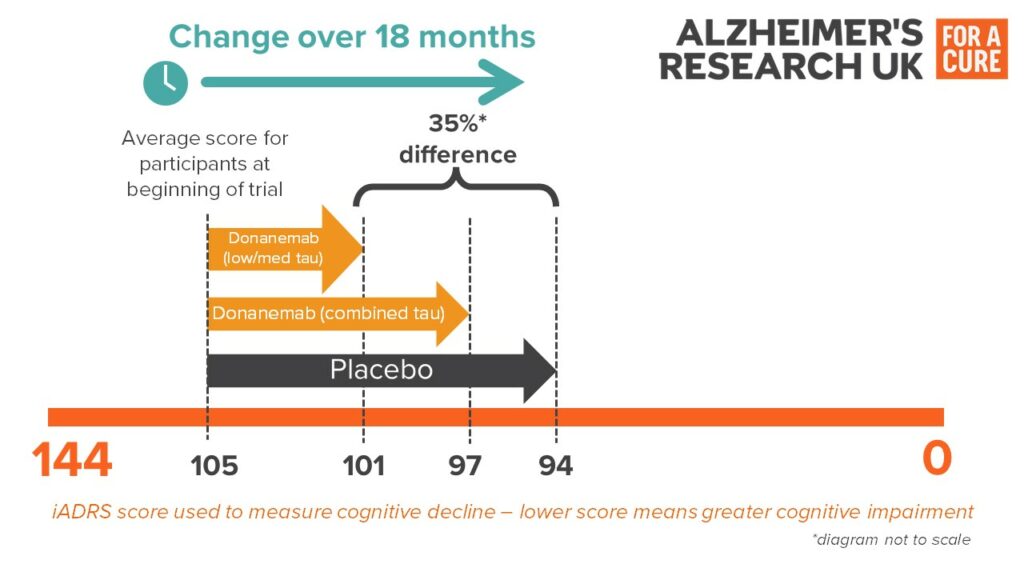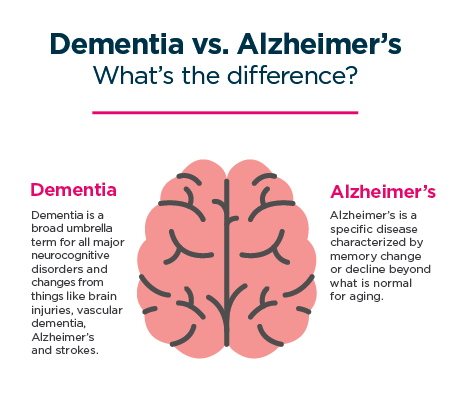A new drug called donanemab could be the turning point in the fight against Alzheimer’s
Classified as an antibody medicine, donanemab helps in the early stages of Alzheimer’s by clearing the build-up of proteins in the brains of people with this type of dementia.
Although it’s not being hailed as a cure, numerous charities have marked this discovery as a new era where Alzheimer’s can be treated.
The drug is being reviewed by the UK’s drug watchdog for possible NHS use.
It works in Alzheimer’s disease, not in other types of dementia, such as vascular dementia which is caused by reduced blood flow to the brain.
Trials conducted using the drug have shown that it slows the pace of the disease by up to a third, allowing people to retain more of their day-to-day lives and tasks.
Mike Coley, one of the people who participated in a global trial, has had infuscions each month at a clinic located in London.
Both Mike and his family noticed that he was beginning to have issues with his memory and decision making.
His son, Mark, said it was difficult to watch at the start, but continued treatment with donanemab has put a steady break on his decline.
Donanemab, created by Eli Lilly, works in the same way as another called lecanemab.
Although esxtremely promising, these drugs are not risk-free treatments. Brain swelling has been observed as a common side effect in up to a third of patients in the trial. For the majority of people, this resolved without causing symptoms. However, two volunteers, and possibly a third, died as result of dangerous swelling in the brain.
Another drug, aducanumab, which is a similar antibody drug, was rejected by European regulators over safety concerns and lack of evidence that it was effective.

What exactly is dementia?
Memory can be affected by life’s many curveballs like stress, tiredness, certain illnesses and medicines. But people who are becoming extremely forgetful, particularly those over the age of 65, it’s a good idea to start a conversation with your doctor about the early signs of dementia.
Dementia is classified as a syndrome associated with an ongoing decline of brain functioning.
There are different types of dementia, and many different causes.
People will often confuse Alzheimer’s and dementia with one another. Alzheimer’s is a type of dementia, and together with vascular dementia, make up the majority of cases.
The exact cause of Alzheimer’s is not yet fully understood, although a number of things are thought to contribute to an increased chance of developing the condition.
- Increasing age
- A family history of the condition
- Untreated depression, although depression can also be one of the symptoms of Alzheimer’s disease
- Lifestyle factors and conditions associated with cardiovascular disease
In the donanemab trial, researchers examined 1,726 people aged 60 to 85 with early-stage Alzheimer’s.
A monthly infusion was given to half of them and the other half were given a placebo, over an 18 month period.
The findings of the trial show:
- At least for some patients, the drug seems to have a meaningful benefit.
- Those who had the disease in the early stages and les sbrain amyloid had shown greater response, in terms of clearance seen on brain scans.
- Those given the drug also retained more of their day-today lives such as being able to discuss current events, answer the phone and pursue hobbies.
- The disease was slowed by about 20-30% overall, and by 30-40% in a set of patients who researchers thought were more likely to respond to treatment.
- Significant side effects did present themselves during the trial and patients would need to be made aware of the risks.
- Half of the patiens on donanemab were able to stop the treatment after a year, because it had cleared significant amounts of brain deposits.
Although the drug’s effect may be modest at best, the results provide further confirmation that removig amyloid from the brain may alter the course of Alzheimer’s progressing.
Researchers have gone on record saying that thanks to decades of research, the outlook for dementia and its impact on people and society is finally changing.
The UK’s drug watch dog NICE says it has already started work on its appraisal of donanemab for treating mild vognitive impairment or mild dementia caused by Alzheimer’s disease.













